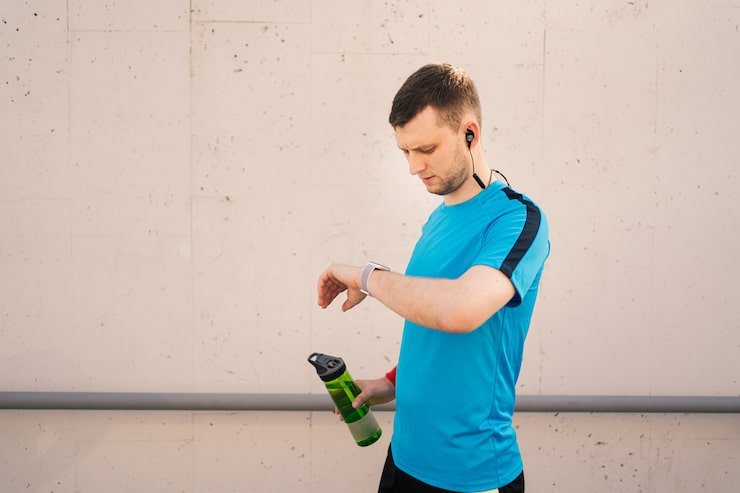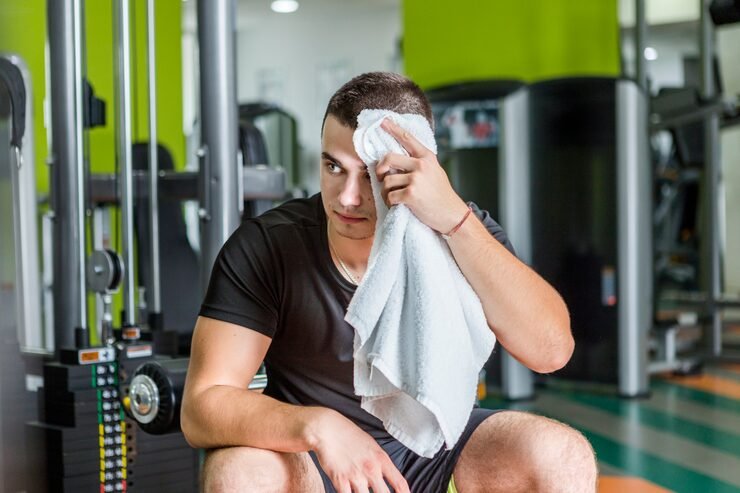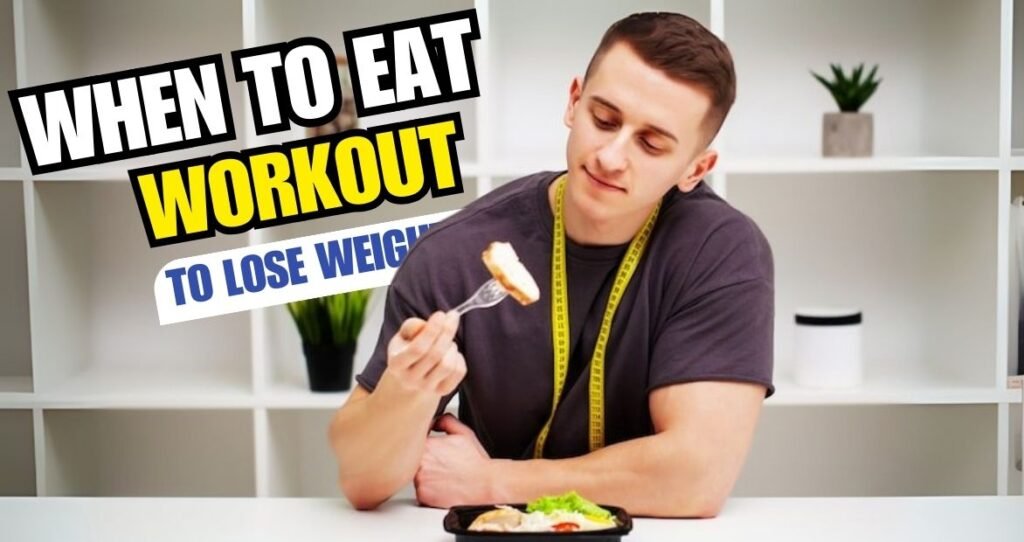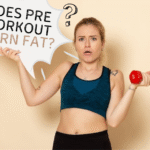Have you ever finished a sweaty workout and then stood in the kitchen wondering what to eat? You are not alone. That exact thought happens to millions of people every day.
When it comes to fitness, food isn’t just fuel it is a key part of your workout. I once ran for weeks, thinking the running alone would melt the pounds away. I was wrong. The real progress began when I figured out when to eat after workout to lose weight. That aha moment came when I added a simple protein-and-carb snack after my morning runs. My energy, recovery, and results all got better.
The Science: Why Post-Workout Nutrition is Key for Fat Loss.
After a workout, your body is tired and hungry. Your glycogen stores are low. Your muscles need fuel to start protein synthesis and repair tiny breaks in muscle proteins. This is why eating soon after matters.
If you delay food too long, your blood sugar can drop. You may feel weak, get cravings, or overeat later. Eating too much too soon is not good either. It can undo the calories you worked hard to burn.
The trick is balance. A smart post-workout meal helps you recover, restore energy, and burn fat. Registered dietitians and groups like the International Society of Sports Nutrition agree that the right meal timing makes a big difference. It supports muscle recovery, better energy levels, and long-term weight loss.
When to Eat for Maximum Fat Loss.

Aim to eat within 30 to 60 minutes after you finish. Many call this the anabolic window. During this time, your body absorbs nutrients faster. This helps glycogen synthesis and speeds muscle recovery.
But don’t panic if you miss it. Studies, like one from the University of Bath, show your body keeps benefiting from food for a few hours. The main point: don’t wait too long.
The harder the workout, the faster you should refuel. After strength training or high-intensity interval training, eating sooner gives more metabolic benefit. It also helps avoid low energy levels. For lighter activity like a spin class or a walk, you can wait longer and stick to your normal balanced diet.
What to Eat for Post-Workout Recovery
The best post-workout meals combine three things: protein, carbs, and fats. Add water or a light calorie-controlled drink for hydration.
- Protein source :Repairs and builds muscle. Pick chicken, tuna, tofu, eggs, or salmone al forno. A shake works if you’re busy. Choose lean protein to build without adding body fat.
- Carbohydrate source : Refuels energy. Go for pane integrale, whole-grain cereals, rice, or fruits and vegetables. These help steady glucose levels and keep workouts effective. Skip candy unless you need quick glucose tablets during long training.
- Healthy fats: Support hormones and recovery. Add nuts, seeds, olive oil, or MCTs from coconut. Keep servings small. Too much fat slows digestion time.
- Hydration : Drink water. If you sweat a lot, try a sports drink for electrolyte balance.
- Yogurt greco with frutta e verdura
- A whole-grain bagel with lean protein
- An energy bar with protein and carbs
- Dieta sana plates with fruits and vegetables
These food choices keep blood sugar levels stable, improve metabolic health, and speed muscle recovery.
Personalizing Your Post-Workout Nutrition
Not everyone needs the same plan. A man who sits most of the day (sedentary men) doesn’t need as much food as someone doing daily strength training. Your nutrition plan should match your sporting activities, goals, and body type.
If you train in the morning, add carbs like whole-grain cereals or bread. This fuels your day. If you work out at night, choose lighter fibrous meals with protein, such as fish and salad. A little planning, or organizzazione pasti, helps you avoid poor food choices later.
If you need help, ask a personal trainer or a performance specialist. Many work with groups like the Faculty of Health and Medical Sciences to create safe, effective plans.
Mistakes That Can Slow Your weight lose Progress

Even the best workouts can be undone with small errors. Watch out for these:
- Overeating: Burning 300 calories at the gym doesn’t mean you can eat a 700-calorie dessert. Track your caloric intake and practice portion control.
- Skipping nutrients: Don’t rely only on protein shakes. You need a mix: carbs, healthy fats, and protein for full recovery.
- Bad timing: Waiting hours to eat can slow muscle recovery and leave you tired. Smart nutrient timing helps fat burning, steady energy levels, and better body composition.
Even small mistakes can affect your waist circumference, increase insulin resistance, and reduce metabolic benefit. Stick to whole foods and a balanced diet whenever you can.
Final Thoughts on Eating After a Workout
So, when to eat after workout to lose weight? The best time is within an hour. The best meal is one that blends protein, carbs, and small amounts of fat. Add water to rehydrate.
This mix helps muscular growth, keeps energy levels up, and supports steady fat loss. Focus on meal timing, smart food choices, and avoiding common mistakes. Do that, and every workout will bring you closer to your weight loss and body composition goals.
FAQ – Eating After Workout for Weight Loss
1. When should I eat after a workout to lose weight?
It’s best when you can do that in 30–60 minutes. This aids in your body’s recovery, and it also helps your body’s fat burning (metabolism) and also reduces the chance of overeating later. See how to eat smart after a workout.
2. What happens if I don’t eat after a workout?
Starving yourself slows fat loss and may also slow muscle breakdown. Your metabolism could slow, making weight loss more difficult. Learn more about fueling recovery.
3. Should I eat before or after a workout to lose belly fat?
Both matter. Eat a light snack before for energy and protein after for recovery. This combo helps overall fat loss. Learn more about timing strategies.
4. What should females eat after a workout to lose weight?
Women benefit from lean protein and healthy carbs. Think eggs, yogurt, or chicken with veggies. Learn more about female-friendly nutrition tips.
5. Does eating right after exercise burn more fat?
Yes, eating balanced meals post-workout supports fat burning and muscle repair. The right timing boosts results. Learn more about fat-loss meal timing.



